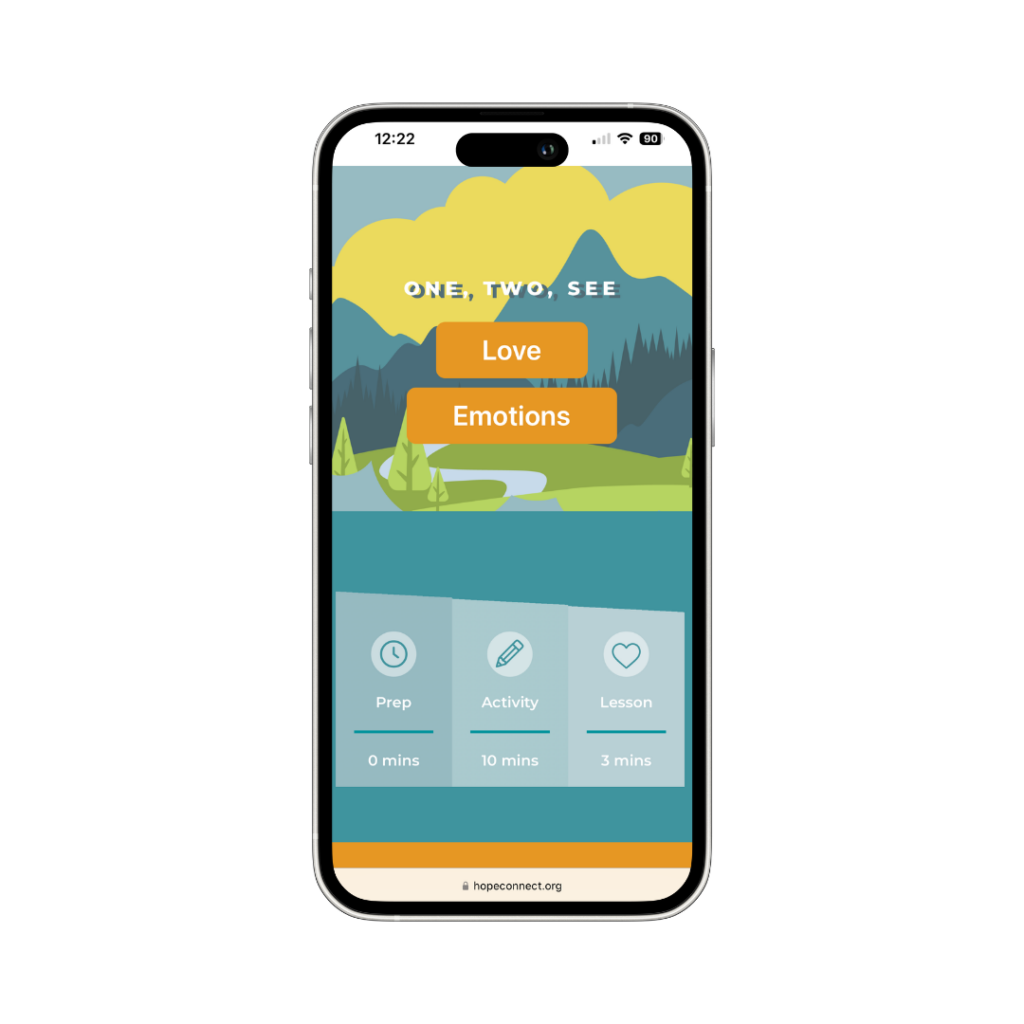Forgiveness can be controversial, and it raises many important questions. A recent article in the New York Times “Well” newsletter highlights some of these: Isn’t it insensitive to ask someone who has experienced profound wrongdoing to forgive?
-
-
- Might encouraging forgiveness take even more from someone who’s already been wronged?
-
- Does it lay an undue burden on the victim?
-
However, the Bible teaches us that forgiveness isn’t just something we should do — it’s something we must do. Read on to learn about the surprising benefits that come when we adopt an attitude of forgiveness.
The incredible benefits of forgiveness
In recent years, considerable high-quality research on forgiveness has addressed these questions, too. Though forgiveness might not seem measurable, there is, in fact, a well-established science of forgiveness.
What does this research find? In brief, there are immense short and long-term benefits for the individual who forgives. These benefits pervade the entire person – mind, body, spirit, and relationships.
What kinds of victims can access these benefits? This may be the most remarkable finding of all: virtually anyone.
Many of these studies involve individuals who’ve experienced significant abuse or wrongdoing, including those who come from deeply dysfunctional, high-conflict homes, inpatients struggling with addictions, parents of difficult adoption journeys, and even incest and war survivors.
Study after study finds that forgiveness is of great value for very complex and entrenched situations as well as more ordinary hurts that every human experiences. Read on to discover some of the most important benefits of forgiveness a person can receive.
Mental health benefits of forgiveness
Compelling evidence indicates that forgiveness is so powerful that it may have a causal effect on mental health outcomes.
Forgiveness is associated with lower levels of depression and anxiety, reduced substance abuse, and higher life satisfaction. A large longitudinal study of around 6,000 young adults found that – after controlling for baseline health, including existing mental health problems – those who reported forgiving more had lower levels of anxiety and depression and greater levels of happiness, well-being and life satisfaction at three and even six years later.
Children and adolescents who struggle with anger and unforgiveness because of relational wrongdoing find significant relief from anger through forgiveness interventions. In a meta-analysis of 20 such studies, the authors concluded that adolescents and children appear to benefit significantly from being taught about forgiveness – what it is, its value, and concrete steps for how to do it.
Physical health benefits of forgiveness
Forgiveness is associated with greater overall physical health and lower mortality. Higher levels of forgiveness are related to better cardiovascular health, including lower blood pressure and less risk of heart attack.
Forgiveness is also connected to better immune and sexual function, improved gastrointestinal health, lower levels of the hormone cortisol, and reduced pain. Forgiving improves sleep. The list goes on.
As a person forgives, they tend to experience an unburdening as they let go of resentment and anger. Such an unburdening has a calming effect and can help normalize the stress response. Many of the physical health benefits cascade further from there.
Spiritual health benefits of forgiveness
For Christians, forgiveness and spiritual health are inseparable. As the old prayer goes: “Forgive us our sins, as we forgive those who sin against us.”
Forgiveness brings many benefits that enable human flourishing. In the Christian faith, these are natural fruits that flow from what forgiveness is itself: a profound expression of love.
The Christian framework appears to make forgiveness more accessible. Evidence suggests that, when motivated by faith, forgiveness is associated with even greater well-being and less distress. Also, forgiveness intervention studies suggest that Christians may experience twice as much benefit when their Christian commitments are incorporated into the learning experience.
Relational health benefits of forgiveness
Forgiveness is a profound act, yet its essential steps can be taught. Remarkably, simple workbooks – even ones that can be completed in a few hours – can help a person struggling to forgive to actually achieve forgiveness. This, in turn, can open the door for the possibility of relational restoration – though this is not always possible or appropriate.
When someone has experienced significant injustice, it often negatively impacts their own personal growth, making them feel vulnerable or even useless. In place of powerlessness, forgiveness restores a sense of agency as the giver of forgiveness chooses to offer it.
By facing the pain of another’s wrongdoing and being willing to offer goodwill in return by forgiving, a person discovers new possibilities. By this act, they find they are capable of good when encountering evil rather than being overcome.
Adapted with permission from Rachel Medefind and the CAFO Institute for Family Centered Healing and Health. Access the original article here.
KEY TAKEAWAY
Forgiving someone or helping your child forgive is not the same as choosing to forget how they treated you. However, when we choose to forgive, we invite God’s mercy into our lives and stories, and we can experience some incredible physical, mental, emotional, spiritual and relational benefits, too.
“and forgive us our sins, as we have forgiven those who sin against us.” ~Matthew 6:12 (NLT)
APPLICATION
If your child is walking through the process of forgiving someone in their life who has hurt them, they might be experiencing big emotions. Help them put a name to what they’re feeling by playing emo-ME. This easy game makes it easier for children to talk about what they’re feeling.
Find this game and more now in the Everyday Moments™ activities collection!





